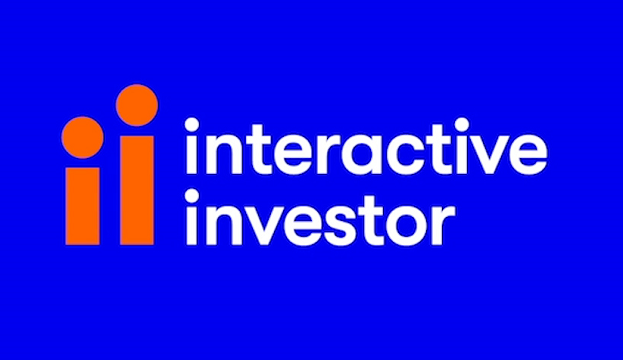DIY investors significantly outperform the market in 2020
We review how investors have fared against the volatile market backdrop.
8th December 2020 13:16
by Jemma Jackson from interactive investor
We review how investors have fared against the volatile market backdrop.

- While the FTSE All Share fell -13.2% over year to date, ii median* customer performance was down -1%
- Younger investors’ portfolios saw strongest growth of +4.5%, boosted by high investment trust exposure
- Investors who trade more than twice a month, saw strongest returns (+1.8%)
interactive investor, the UK’s second-largest investment platform for private investors, has looked back over the year to date to see how investors have fared against the volatile market backdrop.
Interactive investor’s customers (and there are more than 350,000 of them) have significantly outperformed the UK market this year. While the FTSE All-Share** and FTSE100** are down -13.2% and -14.4%, respectively, since the start of 2020 (to end November), interactive investor customer portfolios across all age groups held up considerably better, down in median performance terms by -1%.
Breaking down individual accounts, SIPP customers performed the best, with portfolios up +3.8% compared to -0.4% for ISAs and -6.9% for general investment accounts.
Interactive investor’s 97,000 female customers performed broadly in line with men – down -1.3% compared to -1.1% for men.
Full calendar year performance for 2020 will be published in January and going forward, ii will start to incorporate longer-term data, updated quarterly.
Richard Wilson, CEO at interactive investor, says: “It is encouraging to see that our customers’ portfolios have held up comparatively well over an extremely challenging year to date. We look forward to seeing what long-term trends emerge from our customer data.
“With the vast majority of private investors managing their own wealth as opposed to using a financial adviser or wealth manager, we think it is crucial to get an understanding of how their portfolios are performing through the good times and the bad.”
Youngest investors perform the best – with a little help from investment trusts
The youngest investors (18 to 24 years) saw their portfolios increase by +4.5% during the year, followed closely by the 25 to 34 age bracket, who achieved returns of +3.8%. The 35 to 44 age bracket was up +2.9%. This contrasts with the 65+ age group whose investments had fallen the most – by -4.2% – and investors in the 55 to 64 bracket who also saw their portfolios fall by -1.1%.
The strong performance of the youngest (18 to 24 years) investors can [in part] be explained by them holding the highest proportion of investment trusts (38%) against a 22.6% average. Investment trusts have performed strongly over the year to date (to end November), up 8.4% according to the AIC, and their exposure to overseas and alternative assets will have helped here.
Richard Wilson continues: “We are delighted that the benefits of investment trusts, which have been serving shareholders for more than 150 years, are reaching a younger audience. Investment choice can be a powerful performance tool and younger investors have clearly been taking advantage of this.”
| Year-to-date performance across age groups to 30 November 2020 | |
|---|---|
| 18 - 24 | 4.50% |
| 25 - 34 | 3.80% |
| 35 - 44 | 2.90% |
| 45 - 54 | 0.60% |
| 55 - 64 | -1.10% |
| 65+ | -4.20% |
Active retail investors achieve the strongest returns
The most active customers on the interactive investor platform – those using the platform frequently and trading more than twice a month – grew their portfolios by +1.8%.
*ii customer performances quoted are median values to avoid the influence of outlier performance skewing the data.
**FTSE Index performance is ii using Morningstar.
Full performance can be found on the company or index summary page on the interactive investor website. Simply click on the company's or index name highlighted in the article.
These articles are provided for information purposes only. Occasionally, an opinion about whether to buy or sell a specific investment may be provided by third parties. The content is not intended to be a personal recommendation to buy or sell any financial instrument or product, or to adopt any investment strategy as it is not provided based on an assessment of your investing knowledge and experience, your financial situation or your investment objectives. The value of your investments, and the income derived from them, may go down as well as up. You may not get back all the money that you invest. The investments referred to in this article may not be suitable for all investors, and if in doubt, an investor should seek advice from a qualified investment adviser.
Full performance can be found on the company or index summary page on the interactive investor website. Simply click on the company's or index name highlighted in the article.